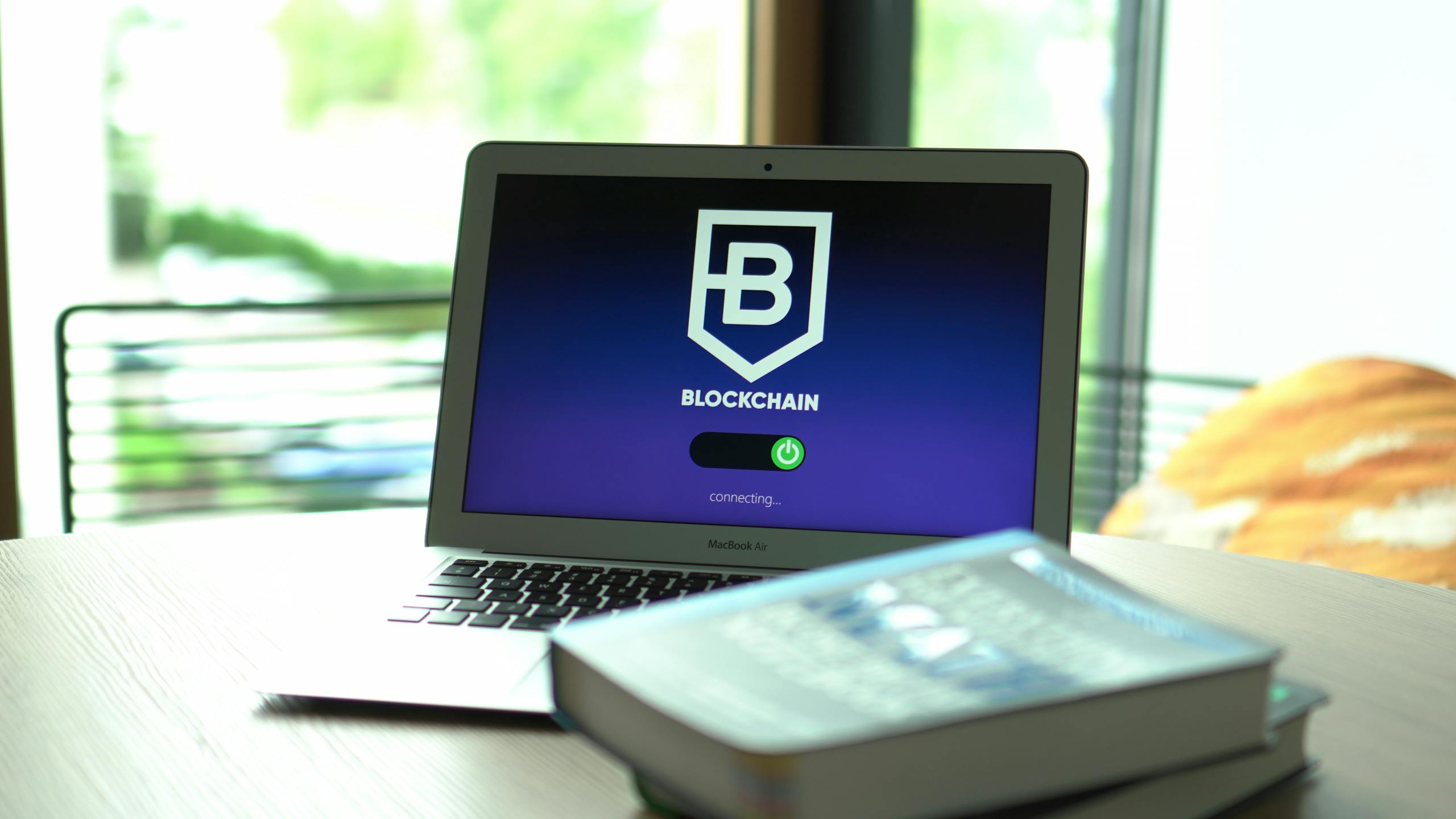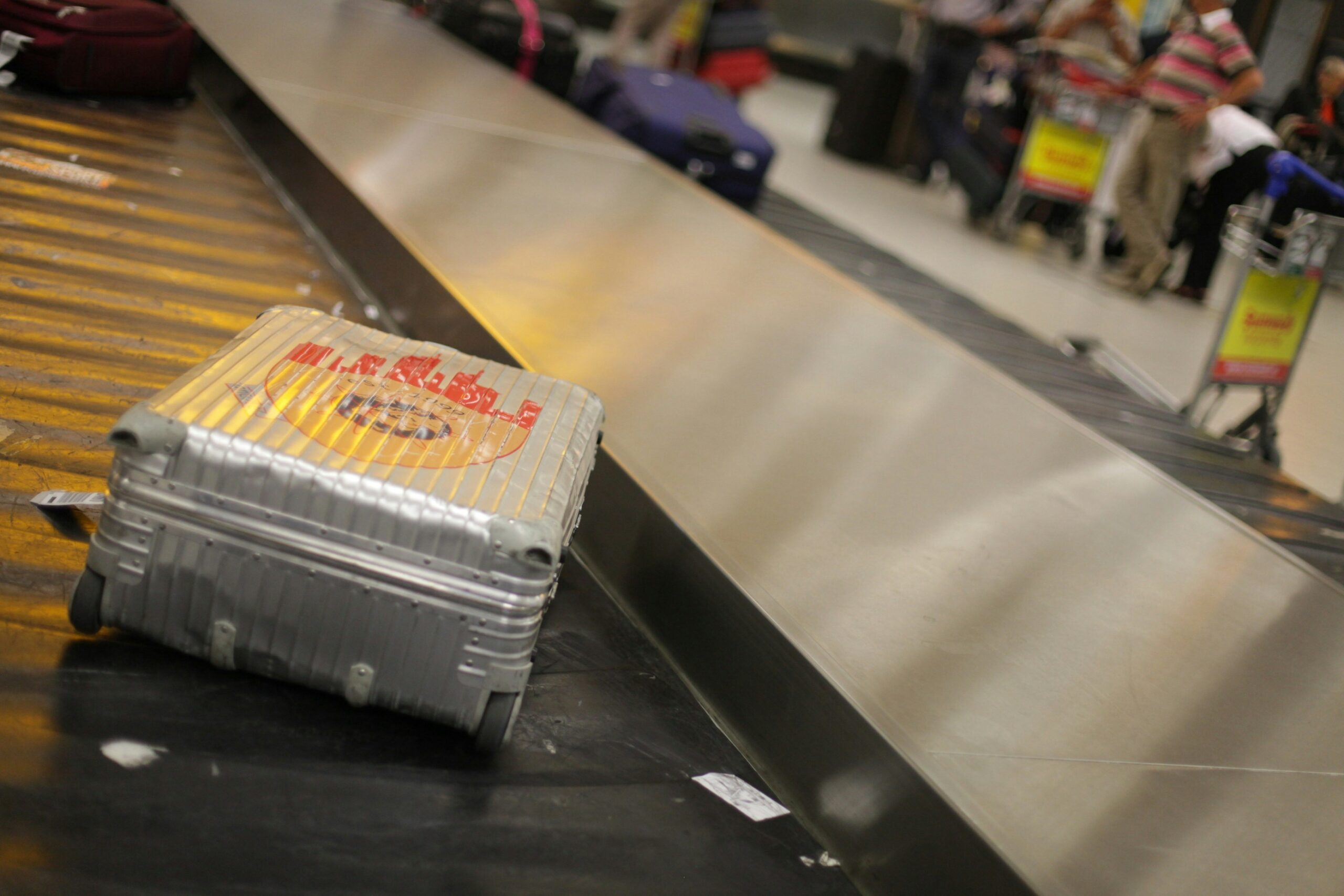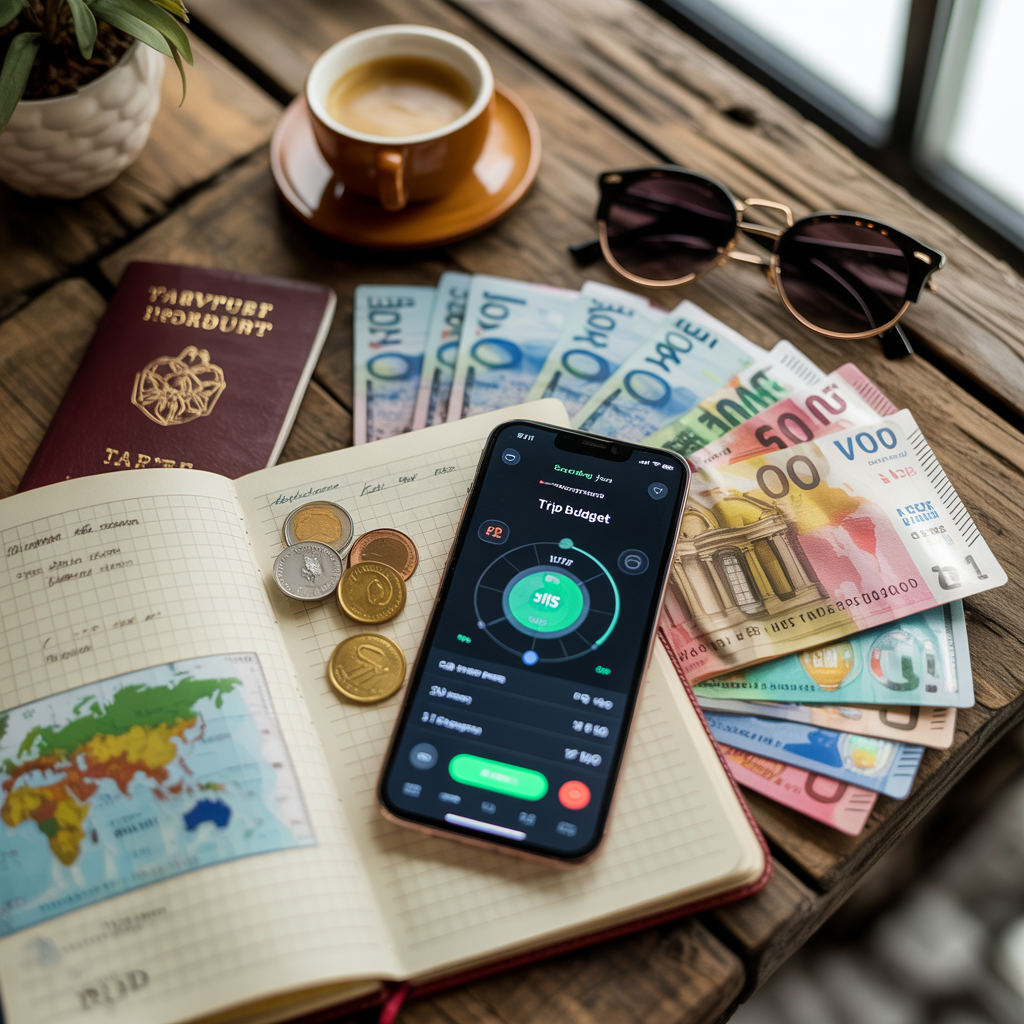The Best Web3 Tools and Platforms for Digital Nomads
Staying Connected and Secure
In today’s rapidly evolving digital landscape, digital nomads are increasingly looking for innovative ways to stay connected, secure, and productive while on the move. As remote work becomes more commonplace and the internet’s decentralized future unfolds, the best Web3 tools and platforms offer an exciting array of options tailored to the unique needs of digital nomads. From decentralized social networks to secure cloud storage solutions and privacy-focused browsers, these technologies empower digital nomads to take control of their online presence, ensuring both freedom and security wherever they go.
Transitioning into the Web3 era means embracing a new paradigm of online interactions—one that is more decentralized, privacy-oriented, and user-centric. For digital nomads, this shift brings the opportunity to use tools and platforms that better align with their lifestyle, providing enhanced security, seamless connectivity, and the ability to work efficiently from anywhere in the world. The Best Web3 Tools and Platforms are designed to help you maintain your productivity while ensuring that your data remains secure and your online interactions are free from unnecessary third-party interference.
As we delve into this comprehensive guide, we will explore the top Web3 tools and platforms that digital nomads should consider integrating into their daily routines. From decentralized social media networks that give you more control over your content to cloud storage solutions that prioritize your privacy, these tools are revolutionizing the way digital nomads connect and collaborate online.
Why Web3 Matters for Digital Nomads
Before diving into the best Web3 tools and platforms, it’s essential to understand why Web3 is particularly relevant for digital nomads. Unlike the traditional Web2, where centralized entities control data and services, Web3 is built on decentralized networks that give users more control over their online interactions. This shift is crucial for digital nomads who rely heavily on the internet for their work, communication, and overall lifestyle. The decentralized nature of Web3 ensures greater privacy, security, and autonomy—key factors for anyone working remotely across various countries and networks.
Moreover, Web3 technologies offer enhanced resilience against censorship and data breaches, which are significant concerns for digital nomads who often connect to public or unsecured networks. By leveraging the best Web3 tools and platforms, digital nomads can protect their data, maintain their privacy, and ensure they remain productive no matter where they are in the world.
Decentralized Social Networks: Taking Control of Your Online Presence
Mastodon: The Open-Source Social Network
Mastodon is a decentralized social network that operates on a federated model, allowing users to join or create their own servers, known as “instances.” This structure gives digital nomads more control over their data and how they interact with others online. Unlike traditional social media platforms that are controlled by large corporations, Mastodon is open-source and community-driven, making it a popular choice for those who value privacy and autonomy.
By joining Mastodon, digital nomads can connect with a global community without the fear of censorship or data mining by third parties. Each instance can have its own rules, moderation policies, and themes, giving users the freedom to choose an environment that aligns with their values and interests. For more information on how to get started with Mastodon, visit their official website.
Minds: A Free Speech-Centric Platform
Another powerful Web3 tool is Minds, a social network that prioritizes free speech, privacy, and user control. Built on the principles of decentralization, Minds rewards users with cryptocurrency for their engagement on the platform, making it an attractive option for digital nomads who want to monetize their social media activity. The platform is also open-source, ensuring transparency and community-driven development.
Minds allows digital nomads to share content, engage with others, and even create private groups without worrying about data harvesting or algorithm manipulation. This level of control and security makes it an ideal platform for those who want to stay connected with like-minded individuals while maintaining their privacy. Learn more about Minds on their official website.
Secure Cloud Storage: Protecting Your Data on the Go
Storj: Decentralized Cloud Storage
As a digital nomad, securely storing your files and data is crucial, especially when you’re constantly on the move and working from different locations. Storj offers a decentralized cloud storage solution that is both secure and affordable. Unlike traditional cloud storage services that store your data on centralized servers, Storj distributes encrypted data across a decentralized network of nodes, ensuring that your files are safe from breaches and unauthorized access.
Storj’s decentralized nature also means that your data is not controlled by a single entity, reducing the risk of censorship and data loss. The platform uses end-to-end encryption, ensuring that only you have access to your files. With competitive pricing and the ability to pay in cryptocurrency, Storj is a top choice for digital nomads seeking a reliable and secure cloud storage solution. Explore more about Storj on their official website.
Sia: Blockchain-Based Cloud Storage
Sia is another decentralized cloud storage platform that leverages blockchain technology to provide secure and private storage solutions. Sia’s approach involves splitting, encrypting, and distributing your data across multiple hosts, making it nearly impossible for unauthorized parties to access your files. This robust security model is particularly beneficial for digital nomads who often need to store sensitive information while traveling.
One of the unique features of Sia is its use of smart contracts to ensure that storage providers are held accountable for keeping your data safe. Users pay for storage with Sia’s native cryptocurrency, Siacoin, offering a transparent and efficient way to manage storage costs. For digital nomads looking to stay secure on the go, Sia is an excellent alternative to traditional cloud storage services. For more details, visit the Sia website.
Privacy-Focused Browsers: Surfing the Web Safely
Brave Browser: Built-In Privacy and Security
Brave is a privacy-focused web browser that blocks ads and trackers by default, providing a faster and more secure browsing experience. For digital nomads, this means less data consumption, quicker load times, and protection from malicious tracking and advertising practices. Additionally, Brave offers the ability to earn cryptocurrency by opting into privacy-respecting ads, allowing users to monetize their attention.
Brave’s commitment to privacy and security extends to its integration with Tor, enabling users to browse anonymously if needed. This feature is particularly useful for digital nomads who may need to access content or websites that are restricted in certain regions. With its user-friendly interface and robust privacy features, Brave is a must-have tool for anyone looking to stay safe while browsing the web. Learn more at Brave.com.
Beaker Browser: Exploring the Decentralized Web
For those interested in exploring the decentralized web, Beaker Browser is an innovative tool that allows users to create and host websites directly from their browsers. This peer-to-peer browser leverages the Dat protocol, enabling users to build decentralized websites that are resistant to censorship and data loss.
Beaker is particularly valuable for digital nomads who want to experiment with Web3 technologies or host their own content without relying on traditional hosting services. The browser also supports the creation of “dats”—decentralized websites that can be shared and accessed by others on the network. For more information about how to use Beaker Browser, visit their official website.
Decentralized Communication: Staying Connected Without Compromising Privacy
Matrix: Secure and Decentralized Communication
Matrix is an open-source protocol for decentralized communication, allowing users to securely exchange messages, files, and voice or video calls without relying on centralized servers. The protocol supports end-to-end encryption, ensuring that only the intended recipients can access your communications. For digital nomads, Matrix offers a reliable way to stay connected with teams, clients, and loved ones while ensuring privacy and security.
One of the key advantages of Matrix is its interoperability with other messaging platforms, such as Slack, Telegram, and Discord, making it easier to integrate into your existing communication workflows. By using a Matrix client like Element, digital nomads can enjoy a secure and decentralized communication experience. Explore Matrix and its capabilities at Matrix.org.
Session: Anonymous Messaging for Digital Nomads
For digital nomads who prioritize anonymity in their communications, Session is a messaging app that operates on a decentralized network and uses onion routing to ensure that messages are untraceable. Session does not require a phone number or email to sign up, further enhancing user privacy.
Session’s decentralized architecture and commitment to privacy make it an excellent choice for digital nomads who need a secure and anonymous way to communicate, especially when working in regions with strict surveillance or censorship laws. To learn more about Session, visit their official website.
Leveraging Web3 for Enhanced Productivity
Notion with Web3 Integrations: A Decentralized Workspace
Notion is a popular productivity tool among digital nomads, known for its versatility in managing tasks, projects, and notes. With the advent of Web3, Notion users can now integrate decentralized technologies to enhance their workflows. For example, using IPFS (InterPlanetary File System) with Notion allows users to store and share their Notion pages in a decentralized manner, ensuring that their work is accessible and secure, regardless of location.
These integrations make Notion an even more powerful tool for digital nomads, providing a seamless and secure way to manage their daily activities while leveraging the benefits of Web3 technologies. For more about Notion and its integrations, visit Notion.so.
Evernote with Blockchain for Secure Note-Taking
Evernote is another widely-used tool for digital nomads
, offering a convenient way to take notes, organize thoughts, and manage tasks. By integrating blockchain technology, Evernote users can now ensure that their notes are immutable and securely stored. This added layer of security is particularly beneficial for digital nomads who deal with sensitive information or need to ensure the authenticity of their notes.
Blockchain integration with Evernote also allows for decentralized storage of notes, providing peace of mind that your data is protected from tampering or unauthorized access. Discover more about Evernote’s capabilities on their official website.
Embracing the Future with Web3
As the digital landscape continues to evolve, Web3 tools and platforms offer digital nomads a unique opportunity to enhance their online experience, ensuring that they remain connected, secure, and productive no matter where they are. By integrating these cutting-edge technologies into your daily routine, you can take full advantage of the decentralized web’s benefits, from increased privacy and security to greater control over your online presence.
Whether you’re looking for a secure way to store your files, a decentralized social network to share your experiences, or a privacy-focused browser to surf the web, the best Web3 tools and platforms have you covered. Embrace the future of the internet and explore these tools to empower your digital nomad lifestyle.
For a deeper dive into Web3 technologies and how they can benefit you, visit Web3 Foundation or Ethereum.org.













